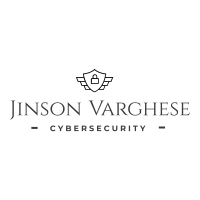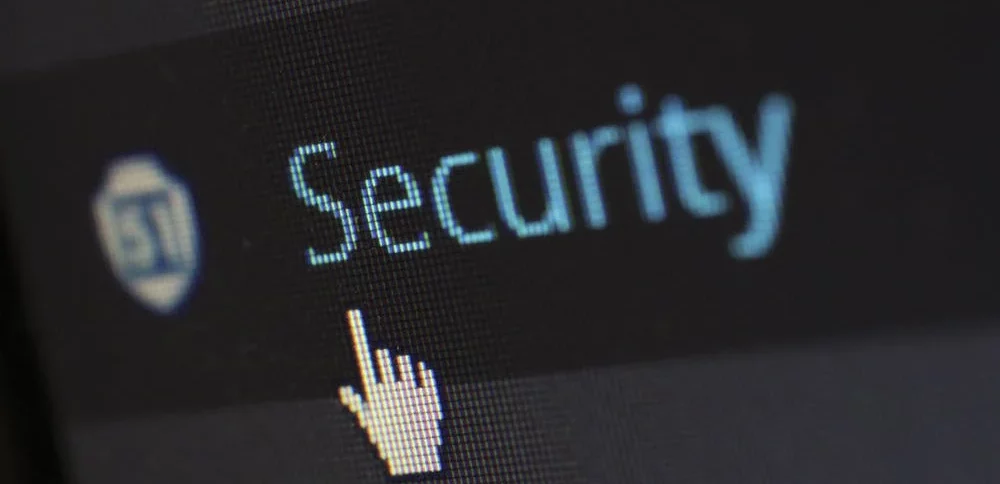As a business owner, it’s vital to protect your online information from security breaches. Hackers are always looking for new ways to steal data, and they can be very successful if you’re not careful. In this blog post, we will discuss some tips on how to keep your business’ online information safe and prevent security breaches.
1) Use strong passwords
One of the most important things you can do to protect your online information is to use strong passwords. A strong password is one that is difficult for a hacker to guess. Here are some tips on how to create strong passwords:
- Use a combination of letters, numbers, and symbols
- Don’t use common words or phrases
- Make sure your password is at least eight characters long
- Change your passwords regularly
In addition, you should never use the same password for more than one account. If a hacker manages to guess your password, they will have access to all of your accounts.
2) Install a firewall
Firewalls are one of the most important tools you can use to protect your computer from hackers. They act as a barrier between your computer and the Internet, preventing unauthorized access to your files and data. There are several different types of firewalls available, so it’s important to choose one that is right for your needs.
Some firewalls are software-based, while others are hardware-based. Software-based firewalls run on your computer, while hardware-based firewalls are installed in your network router. Both types of firewalls have their pros and cons, so it’s essential to choose the one that is best for you.
Software-based firewalls are less expensive and easier to install, but they can be more vulnerable to attacks. On the other hand, hardware-based firewalls are more expensive, but they are harder to hack into, and they provide greater protection against online threats.
3) Install anti-virus software
Installing anti-virus software is one of the most important things you can do to protect your computer from online threats. Anti-virus software detects and removes viruses, spyware, and other malware from your computer. It also protects your computer from ransomware attacks, which are becoming increasingly common.
Ransomware is a type of malware that encrypts your files and holds them for ransom until you pay the attacker to release them. Ransomware can be very costly to businesses, and it can damage or even destroy your data. That’s why it’s important to install anti-virus software on all of your computers and keep it up-to-date.
4) Keep your software up-to-date
Software companies regularly release updates to their software in order to fix bugs and address security vulnerabilities. It’s important to keep all of your software up-to-date, including your operating system, web browsers, plugins, and anti-virus software. Updates often include security patches that fix known vulnerabilities that hackers can exploit.
In addition, you should set your software to install updates automatically. This way, you’ll always be using the most recent version of the software, and you won’t have to worry about forgetting to install an update.
5) Be cautious when opening email attachments
Email attachments are one of the most common ways that viruses and other malware are spread. If you receive an email from someone you don’t know, or if the email looks suspicious, do not open any attachments. In addition, be cautious when opening email attachments from people you do know. Even if you trust the sender, they may have been hacked, and their email account could be sending out malicious attachments without their knowledge.
It’s also a good idea to scan all email attachments with your antivirus software before opening them. This will help to ensure that any attachments you do open are safe and won’t infect your computer with malware.
6) Use a VPN
You may be wondering can vpn be tracked. Well, a virtual private network, or VPN, is a type of security software that encrypts your data and routes it through a secure server. This makes it difficult for hackers to intercept your data and steal sensitive information. In addition, VPNs can also provide you with a way to access blocked websites and content.
There are many different VPN providers available, so it’s important to choose one that is right for your needs. Some factors to consider include the level of security provided, the speed of the connection, and the price.
In conclusion, these are just a few of the many things you can do to keep your business’ online information safe and prevent security breaches. By taking these steps, you can help to protect your business from the ever-growing threat of cybercrime.





